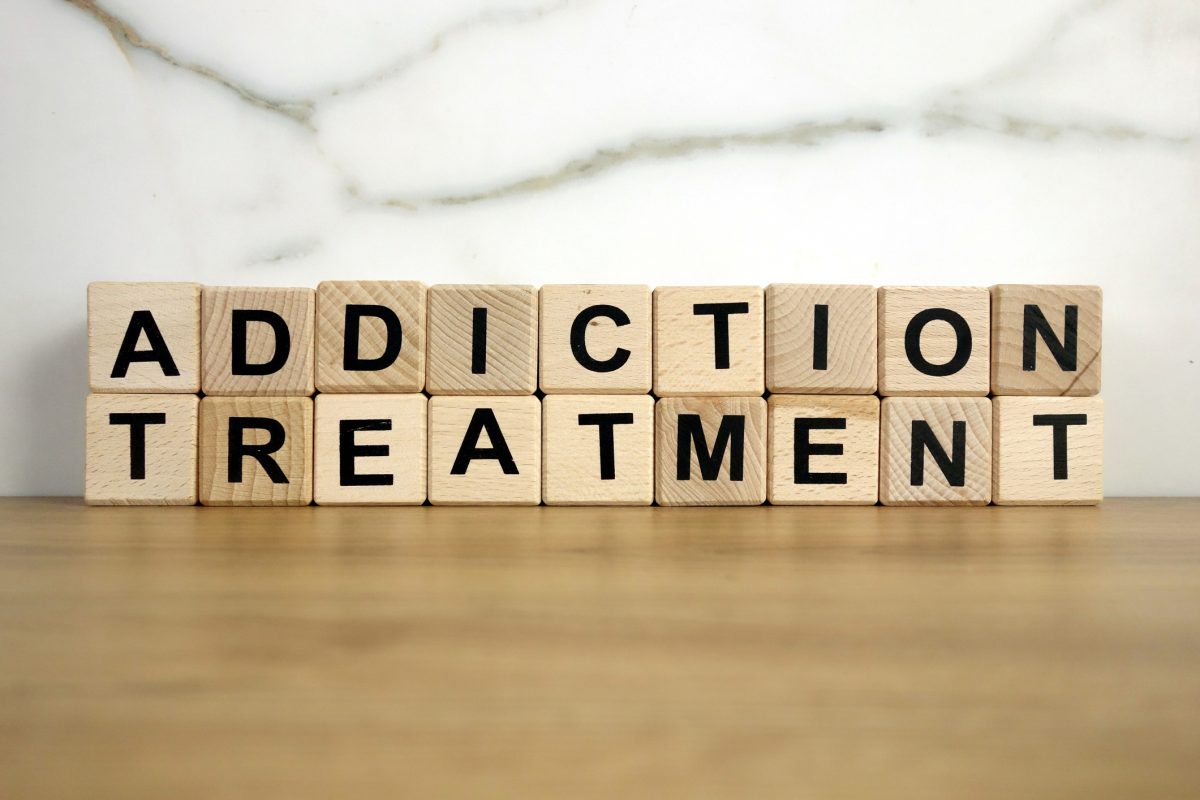5 Treatment Options for Schizophrenia
Schizophrenia is a brain disorder. Symptoms are chronic and can be debilitating if left untreated. Symptoms may include delusions, hallucinations, cognitive processing problems, disorganized speech, abnormal motor skills, paranoia, and exaggerated perceptions. Fortunately, there are many treatment options for schizophrenia that can improve one’s quality of life. A report compiling statistics from national agencies for mental health claims there are 20 million people worldwide with schizophrenia, making it one of the top fifteen causes of disability. In America, schizophrenia affects 1.5 million people annually. This same report also shows schizophrenia is associated with self-harm and harm to others. For example, people with schizophrenia are four to six times more likely to commit a violent crime. An estimated five percent die by suicide. Unfortunately, very few of those with schizophrenia seek treatment or stay in treatment long-term, even though many treatment options for schizophrenia are available. Treatment Options for Schizophrenia There is no cure …





